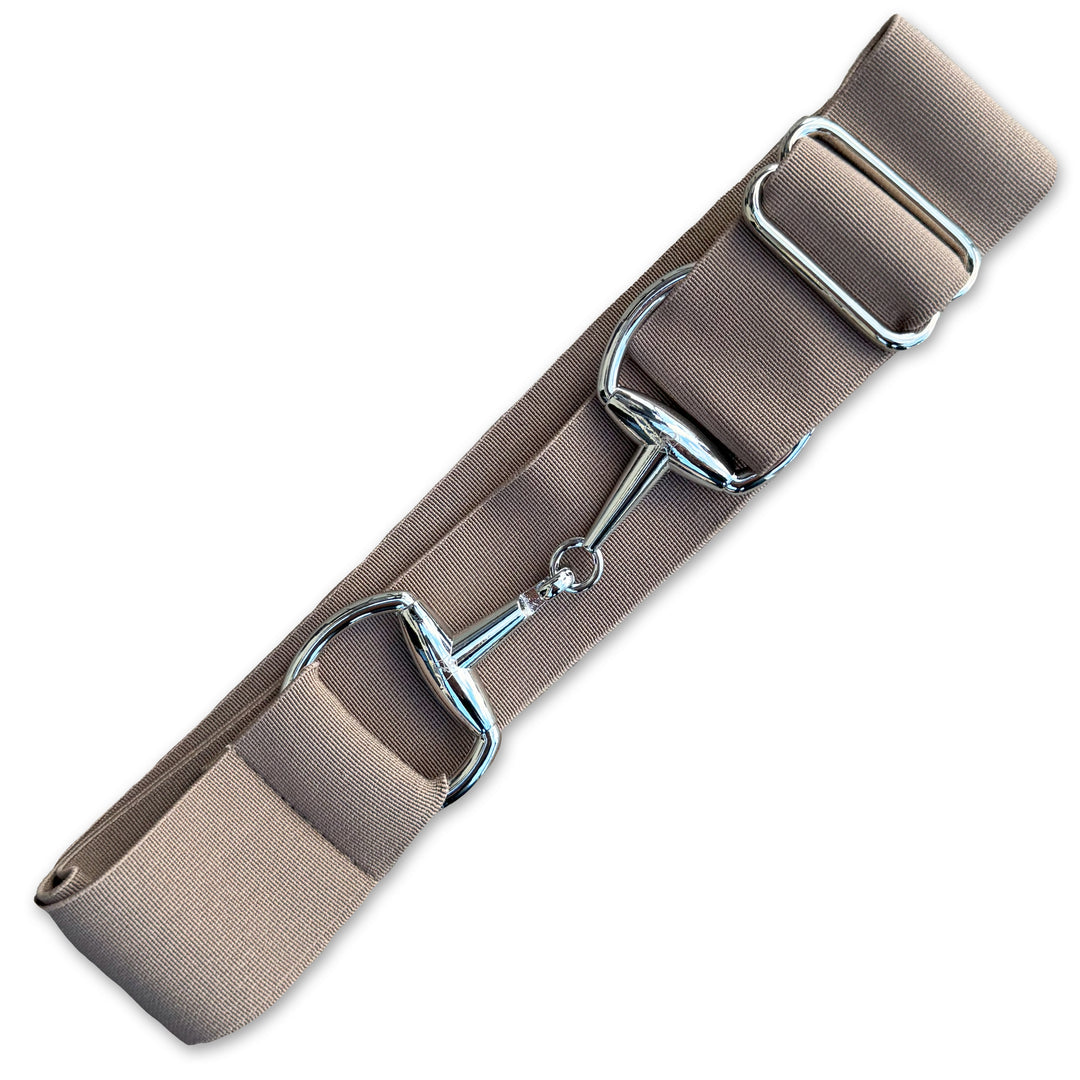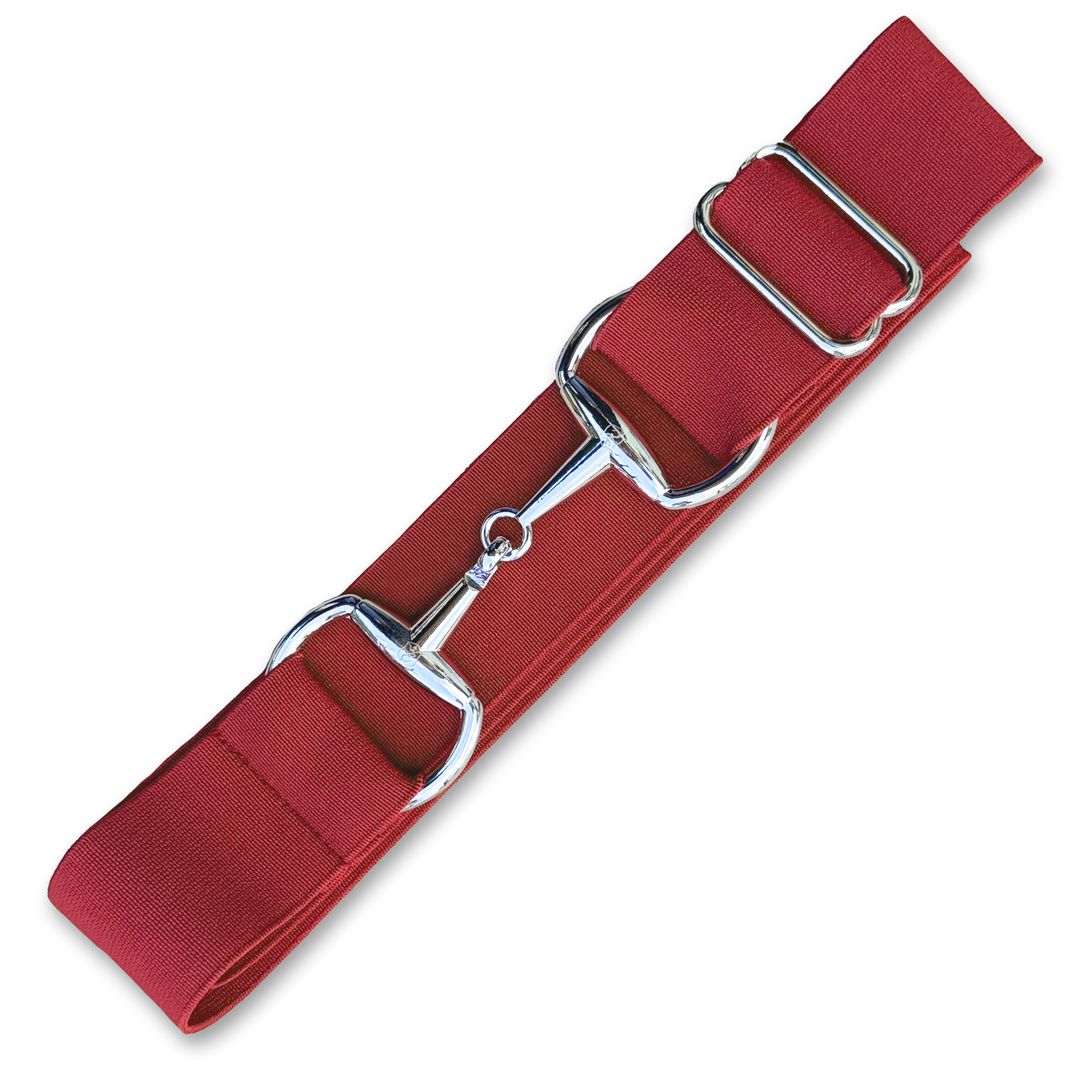How to Treat Your Horse Like an Olympian
Olympic Equestrian Horses

At Equestroom, we understand the passion and dedication that goes into caring for your horse and celebrate you for your efforts to keep your horse in the utmost care. With the Olympic Games on the horizon, we have reviewed the history of equestrian sports in the Olympics and figured now is the perfect time to draw inspiration from the equestrian Olympians and their horses. In this article, we’ll explore how top riders treat their horses like champions, and how you can incorporate some of these practices into your own horse care routine.

-
Nutrition: Fueling a Champion
Olympic equestrians know that nutrition is key to maintaining their horses' peak performance. Riders like Charlotte Dujardin, who has won multiple gold medals in dressage, ensure their horses receive a balanced diet tailored to their specific needs. This often includes:
High-Quality Forage: Top-quality hay or grass forms the foundation of a horse’s diet.
Grains and Supplements: Carefully chosen to meet the energy demands and nutritional requirements of each horse.
Hydration: Access to fresh, clean water at all times and electrolytes too.
Example: Dujardin’s horse, Valegro, had a diet that included a mix of fiber, oil, and a small amount of grain, along with specific supplements to support joint health and muscle recovery.
Tip for You: Consult with a veterinarian or equine nutritionist to create a diet plan that suits your horse’s activity level and health needs.

-
Training and Exercise: Building Strength and Stamina
Olympic horses undergo rigorous training to build their strength, stamina, and flexibility. Riders like Michael Jung, a German gold medalist in eventing, follow structured training schedules that balance work and rest.
Varied Workouts: Combining dressage, jumping, and cross-country work to keep the horse engaged and physically fit.
Consistent Routine: Maintaining a regular exercise schedule to build endurance and muscle.
Rest Days: Allowing time for recovery to prevent injuries.
Example: Jung’s horse, Sam, benefited from a training routine that included hill work to build strength, swimming for low-impact conditioning, and regular hacking to keep him mentally fresh.
Tip for You: Develop a balanced exercise routine that includes a variety of activities, and always give your horse time to rest and recover.

-
Grooming: Keeping Them Looking Their Best
Grooming is not just about keeping a horse clean; it’s also a time to check for any health issues and to bond with your horse. Riders like Isabell Werth, the most decorated Olympic equestrian, spend considerable time grooming their horses.
Daily Grooming: Brushing to remove dirt and stimulate blood flow.
Hoof Care: Regular cleaning and checking for any signs of issues.
Bathing and Conditioning: Keeping the coat shiny and healthy.
Example: Werth’s horses receive daily grooming sessions that include brushing, mane and tail care, and hoof cleaning. She also uses specific conditioners to keep their coats gleaming.
Tip for You: Make grooming a daily routine, and use this time to bond with your horse and check for any health concerns.

-
Veterinary Care: Proactive Health Management
Olympic horses receive top-notch veterinary care to ensure they are in the best possible health. This includes regular check-ups, vaccinations, and dental care.
Regular Check-Ups: Routine veterinary visits to catch any potential issues early.
Vaccinations and Worming: Keeping up-to-date with vaccinations and deworming schedules.
Dental Care: Regular dental check-ups to ensure proper chewing and digestion.
Example: Team USA’s horses have access to an on-site veterinary team during competitions, ensuring any health issues are promptly addressed.
Tip for You: Schedule regular veterinary visits and follow a proactive health management plan for your horse.

-
Pampering and Spoiling: Because They Deserve It
Olympians understand the importance of pampering their horses to keep them happy and relaxed. This can include:
Massage Therapy: To relieve muscle tension and promote relaxation.
Special Treats: Healthy treats like homemade treats, carrots or apples as rewards.
Comfortable Gear: High-quality tack and accessories that fit well and keep the horse comfortable, like those offered at EQUESTROOM.
Example: Dressage rider Steffen Peters ensures his horse, Ravel, receives regular massages and chiropractic adjustments. He also treats Ravel to his favorite snacks and ensures he has the most comfortable, custom-fitted tack.
Tip for You: Treat your horse to a massage session or spoil them with some special treats. Ensure their tack and gear are comfortable and well-fitted.

-
Fashion and Style: Looking the Part
Fashion and style are important in the equestrian world, especially at the Olympics. Riders ensure their horses look the part with high-quality, stylish gear.
Matching Sets: Coordinated saddle pads, bandages, and fly veils.
Bling and Personalization: Customized tack with bling or personalized embroidery.
Example: Olympic rider Laura Graves is known for her stylish, matching sets for her horse, Verdades, often featuring custom embroidery and tasteful bling.
Tip for You: At Equestroom, we offer a range of stylish, high-quality matchy saddle pad sets and other accessories to ensure your horse looks as good as they feel.

Conclusion
Treating your horse like an Olympian involves a holistic approach to their care, combining proper nutrition, regular exercise, thorough grooming, proactive veterinary care, pampering, and stylish gear. By adopting some of these practices from Olympic equestrians, you can ensure your horse is happy, healthy, and ready to perform at their best.
At Equestroom, we’re here to support you with high-quality, matchy saddle pad sets and other equestrian products that will make your horse feel like a champion. Visit equestroom.com to explore our range of products and elevate your horse’s care routine to Olympic standards.











Leave a comment